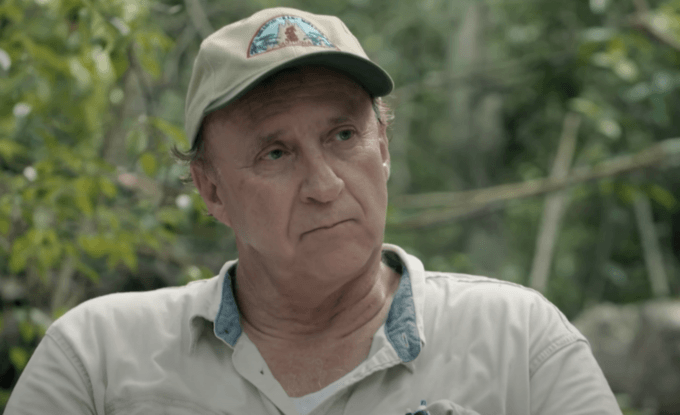The Democratic Socialists of America (DSA) currently boasts being the largest socialist organization in the United States with over 92,000 members. According to its website, the DSA focuses on four key issues: healthcare, labor unions, environmentalism, and electoral strategy. However, that last goal has arguably been the main focal point since DSA supported the 2016 and 2020 presidential campaigns of Bernie Sanders. That electoral politics have been the center of attention for DSA is no accident: it is the core vision of its founder, Michael Harrington. For Harrington, the only way socialists could make waves in American politics would be to work within the established party system. If socialists could move members of the Democratic Party to the left, then the party would make meaningful reforms that would help working and oppressed people. Unfortunately, this strategy of realignment has continually failed to push the party leftward. In his book, A Failure of Vision, Doug Greene traces the genealogy of Harrington’s thought and its fundamental impact on the DSA today. 
Harrington is largely remembered for his 1962 book on poverty in the United States, The Other America. Despite being known as “the man who discovered poverty,” Harrington grew up in an upper-middle-class Irish American family and was sheltered from directly experiencing the worst effects of the Great Depression. Influenced by his mother’s volunteer work with the Catholic Church, Harrington pursued a Jesuit education at the College of the Holy Cross. His father hoped he would become a lawyer like him, so after graduating, he enrolled in Yale Law School. Once there, his Catholic conservatism would be challenged by his left-liberal and socialist professors and colleagues. But Harrington’s politics remained influenced by the anticommunism of his day. It would take Harrington moving to Chicago to begin to see the exploitative effects of capitalism firsthand. Choosing not to finish his law degree, he enrolled at the University of Chicago to study writing instead. After graduating in 1949 with his master’s degree in literature, Harrington took a job as a social worker. During his first assignment in a sharecropper district, he recalled the horrible smells of backed-up toilets, rotting food, and decaying buildings, compelling him to spend the rest of his life “trying to obliterate that kind of house and to work with the people who lived there.”
To read this article, log in
here or subscribe
here.
In order to read CP+ articles, your web browser must be set to accept cookies.
More
The post A Failure of Vision appeared first on CounterPunch.org.
This post was originally published on CounterPunch.org.

























